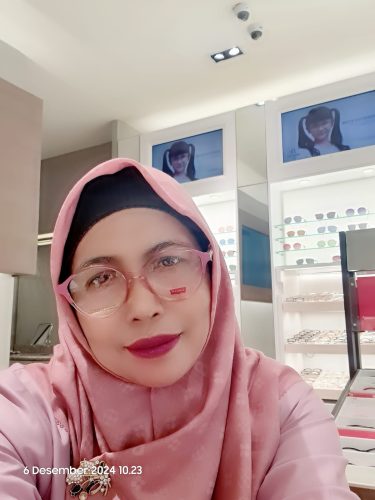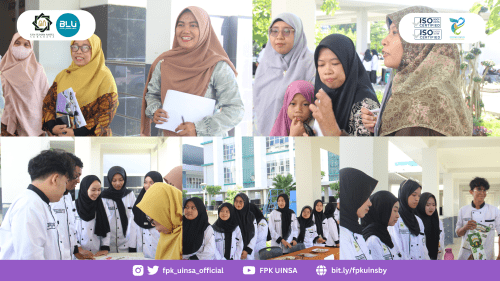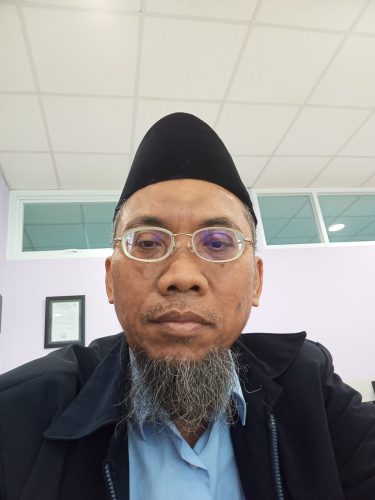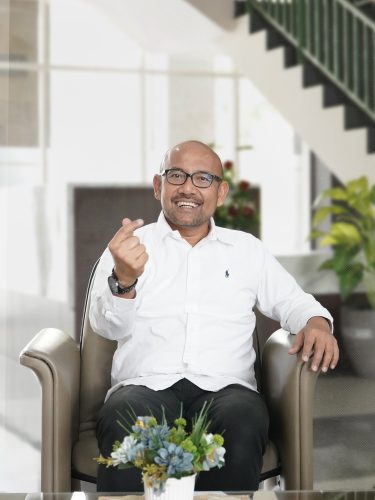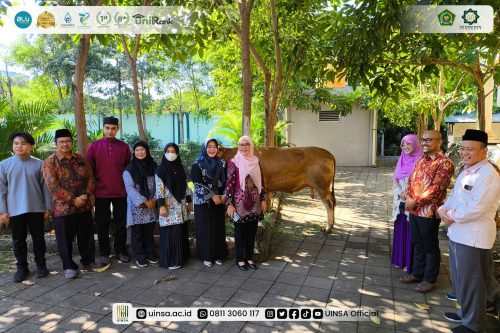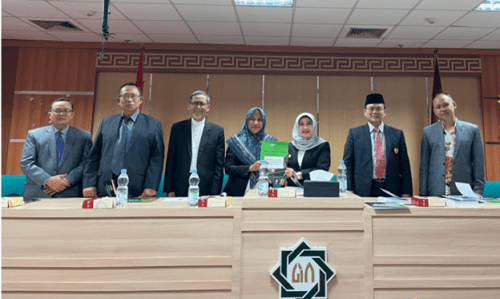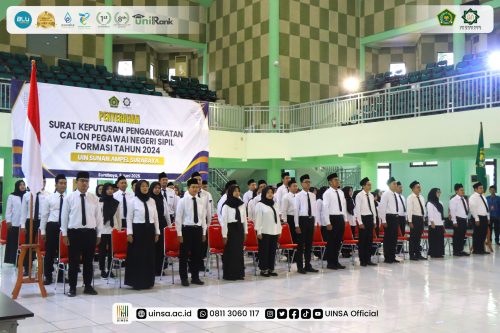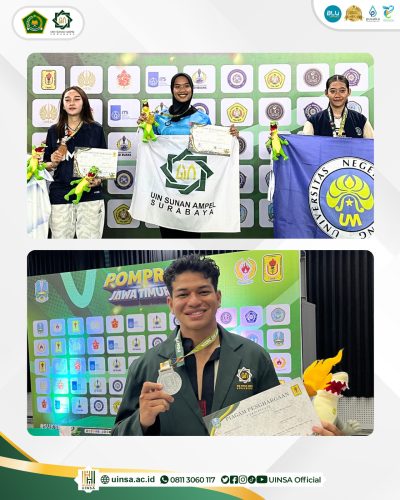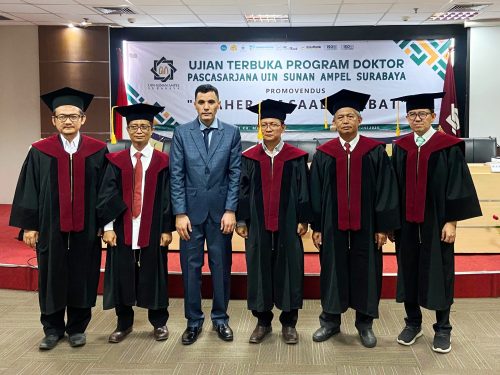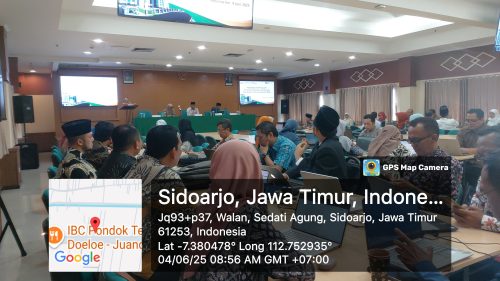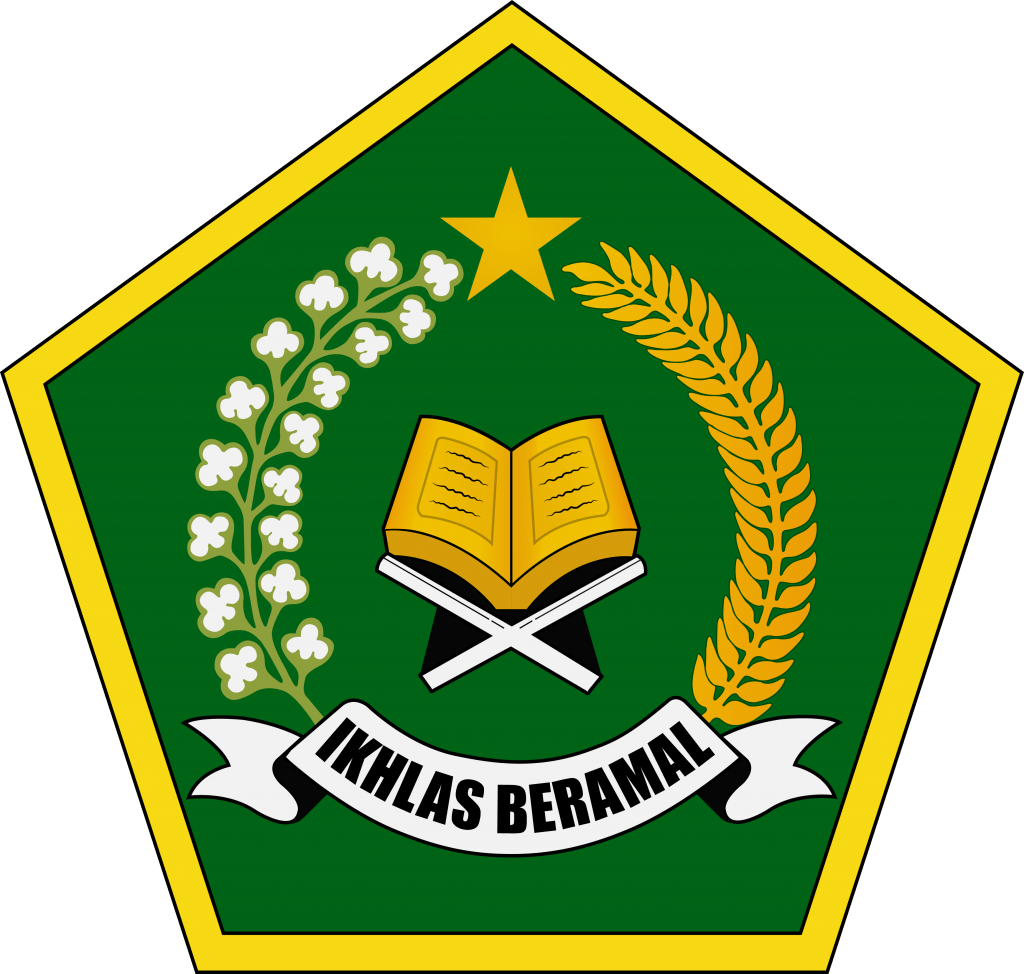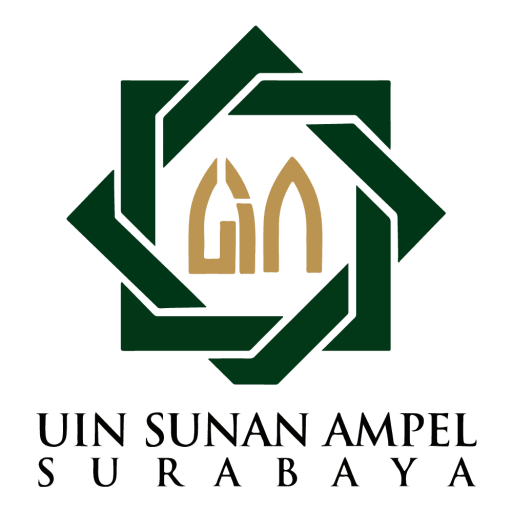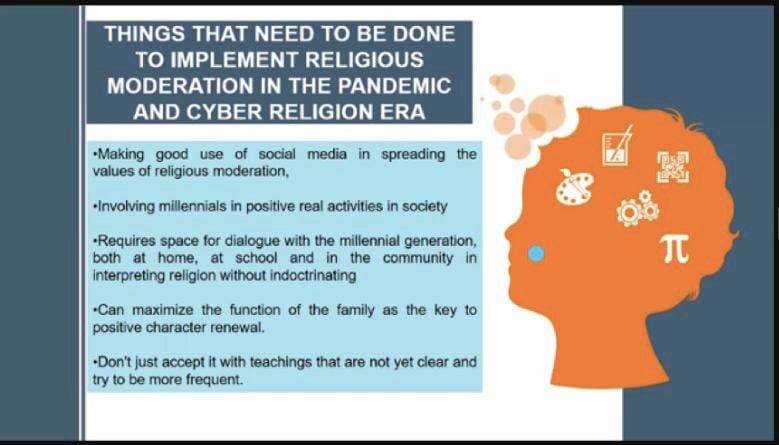
Today, April 12th, 2022, Sunan Ampel State Islamic University Surabaya just began the first day of “the 2nd Sunan Ampel International Conference of Political and Social Sciences” or SAICoPSS. The main theme of this conference is, “Post-Pandemic Recovery: Embracing Social and Political Changes, Reviving Religious Activities” and this international conference consists of a plenary session containing presentations from the keynote speakers and a parallel session containing presentations from the authors of selected papers which are divided into 11 sub-themes.
More specifically, the parallel session on the sub-theme of digital media was held in the second session on the first day which contained four selected papers from outstanding authors. The first article is entitled, “Social Media Analytics of Booster Vaccine Covid-19 Discourse on Twitter” written by Suluh Gembyeng Ciptadi and Alfath Marzuki. The second one is, “Implementation of e-OPEN Application as a Strategic Innovation of Public Services in the Pandemic Covid 19 Era in Bekasi” written by Susi Dian Rahayu, Ainur Rofieq, and Nurul Aini. Third, we have a paper entitled, “Socio-Cultural Shift on Indonesian Public Behavior Through Digital Media in The Pandemic Covid-19,” written by Muzna Jannah Fakaubun. And the last one is, “Effort to Implement Religious Moderation in The Era of Cyber Religion and Covid 19 Pandemic,” written by Rima Maulida, Erlita Budiarti, and Mbarep Ageng Nur Elyanto.
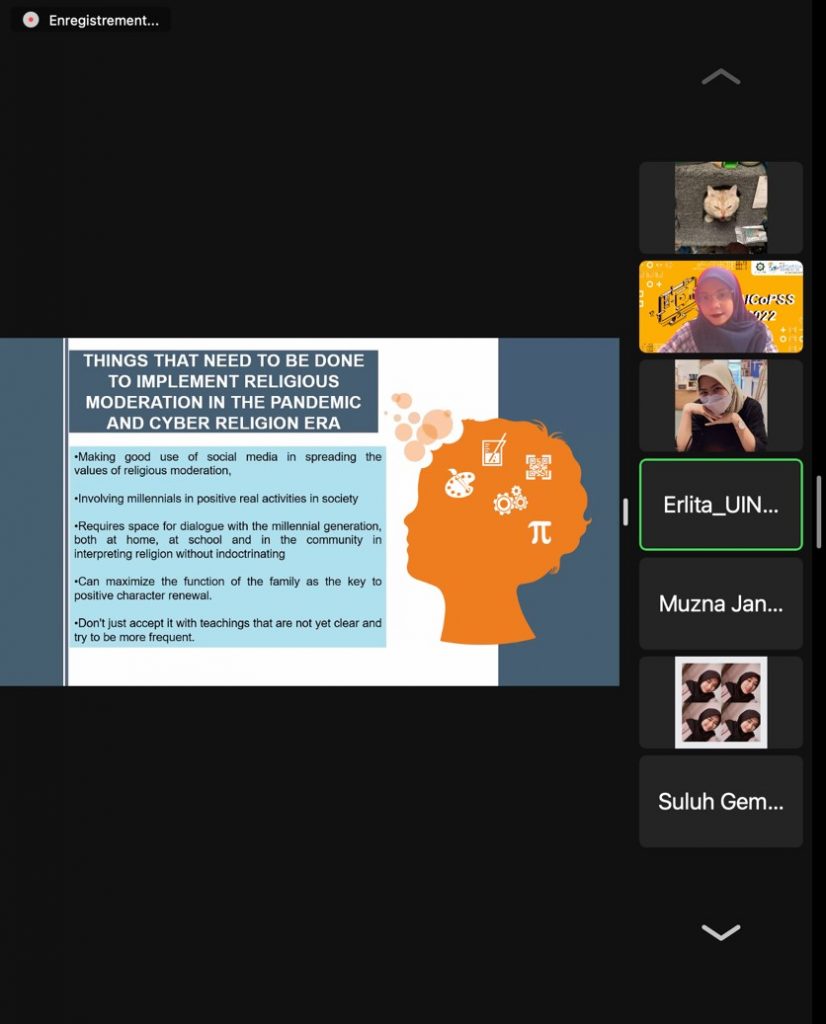
From the four speakers’ presentations and the questions-and-answers (Q&A) session, it can be learned that the use of digital media during the Covid-19 pandemic has increased significantly. It can be seen how people use Twitter to raise issues about vaccines boosters, the emergence of various applications that help in the pandemic era, such as PeduliLindungi, e-Open that was used by the Bekasi government, and also socio-cultural changes that have occurred in Indonesia, such as the increasing of digital media use, community efforts to adapt to the digital wave, the need for a strategy to harmonize cultural values and modernization in the midst of the covid-19 pandemic, and how digital media has an impact on religious moderation.
Last but not least, this parallel is expected to be a point of learning about how to make effective use of digital media in the Covid-19 pandemic. In this regard, the moderator also mentioned about the importance of digital literacy for every individual considering that digital literacy refers to the ability to find, use, and evaluate information in various formats in a digital environment. Related to this, digital literacy doesn’t just pertain to reading and writing on a digital device, but also involves knowledge of producing and sharing the digital media. Therefore, individuals who understand digital literacy will include the ability to comprehend the meaning of messages, examine credibility, assess the quality of a digital work, and having digital resilience. Moreover, a digitally literate person can turn into a socially responsible member in their network by spreading consciousness and assisting others locate virtual answers at home, work, or on a country-wide platform. (filasafia marsya)
